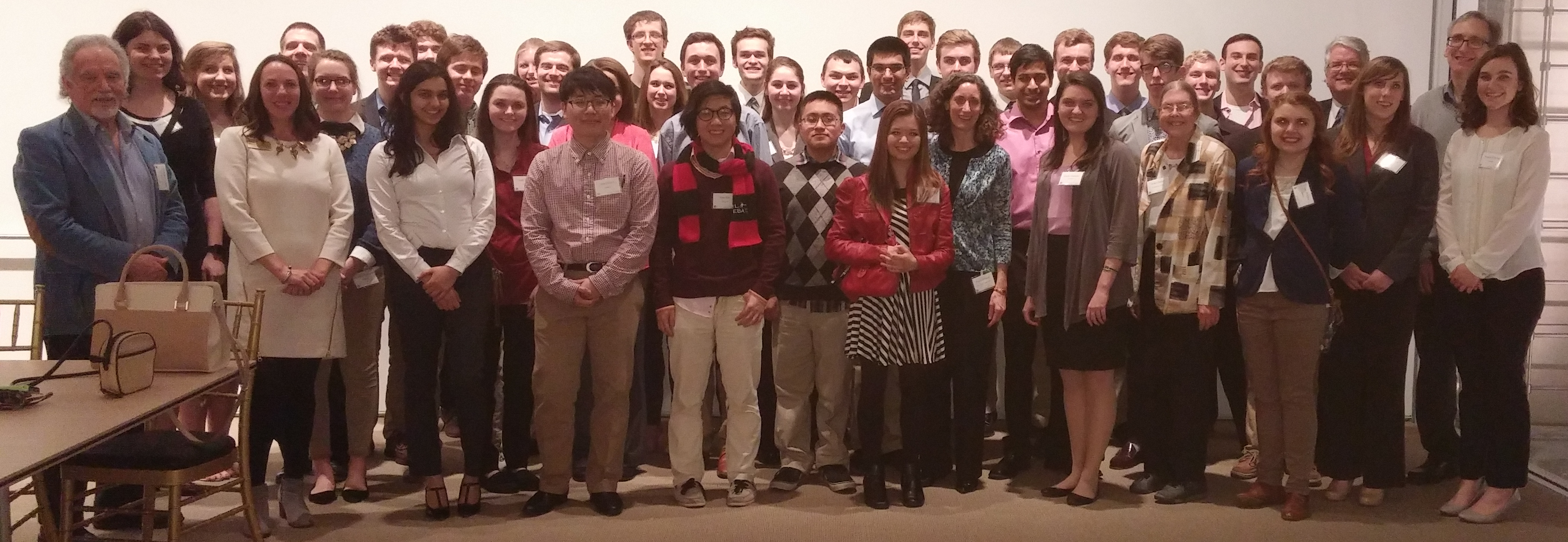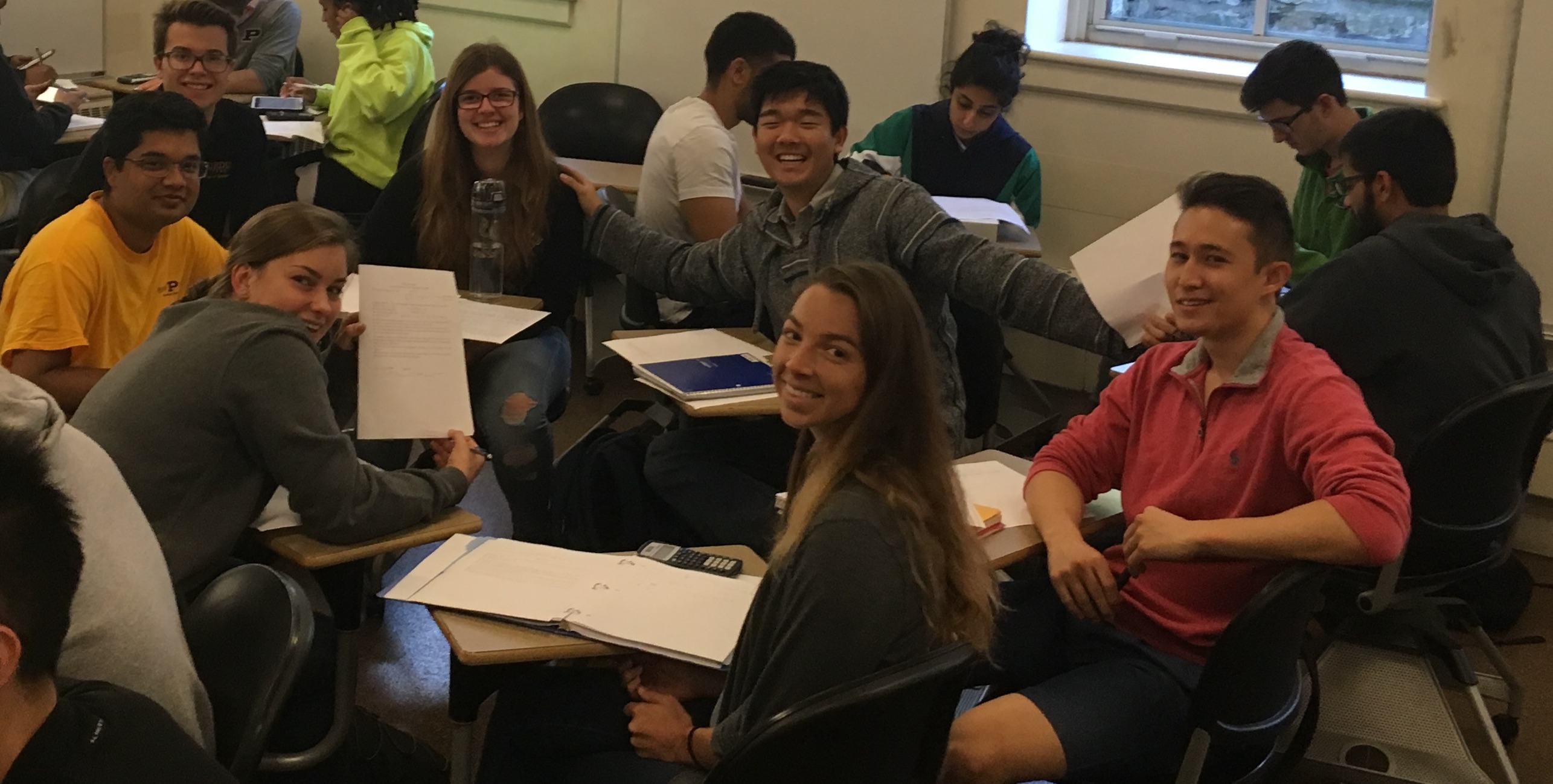
Analyzing Digital Gaming and Culture

This is an introduction to the field of game studies, and to games as narrative and cultural media. We will look at the stories games tell; the way their narrative elements or plot devices intersect with the culture around the games and gaming itself; and how all these things come together to affect game design, meaning, and play.
Along the way, we will discuss things like literature, gaming manuals, narrative theory, and more, in order to explore and critique analog and digital games. Obviously, you will be required to play games in this class. You do not have to be a "gamer," of course, but you will need to be open to games of various kinds.
New Incoming students should apply for fall 2023 using the Purdue Learning Communities main application link.
Current Purdue students are able to apply for The Data Mine Analyzing Digital Gaming and Culture Learning Community for 2023-24 from October 1, 2022 until March 31, 2023.Eligibility
Any undergraduate student with an interest in data studies and gaming as a source of cultural media (first-year students and continuing students are both welcome)Residential Component
- New Incoming Students: Living in Data Mine residential space is required unless you are in the Honors College or have other special accommodations needed.
- Returning Purdue Students: Data Mine housing for returning undergraduates has reached capacity for AY 2023-24.
- Your roommate (in most cases) will be a member of The Data Mine.
- If you want to live on campus, it is necessary to complete a housing contract. (Completing a housing contract is a separate process from applying for a learning community.)
Duration
Fall and Spring semestersRequired classes for students when participating in The Data Mine
If you are accepted into The Data Mine - Analyzing Digital Gaming and Culture cohort, you will need to register for the following courses:
FallSpring
- ENGL 28000 (3 credits; CRN 16018) Games, Narrative, Culture
- TDM 10100, 20100, 30100, 40100 (1 credit; 4 sections available) The Data Mine I, III, V, or VII
- ENGL 20300 (3 credits; section 002: CRN 18079) Introduction To Research For Professional Writers
- TDM 10200, 20200, 30200, 40200 (1 credit; 4 sections available) The Data Mine II, IV, VI, or VIII
Events and Activities Included
- Weekly dinners with Data Mine participants
- Faculty and graduate student office hours onsite in Hillenbrand
- Seminars by visiting speakers, including practicing data scientists
- Social gatherings with Data Mine members
- Meals with campus and community leaders
- Game / recreation nights
- Career and graduate school panels
- Hackathons / data competitions
- Professional development activities
- Tour of Purdue's computational facilities